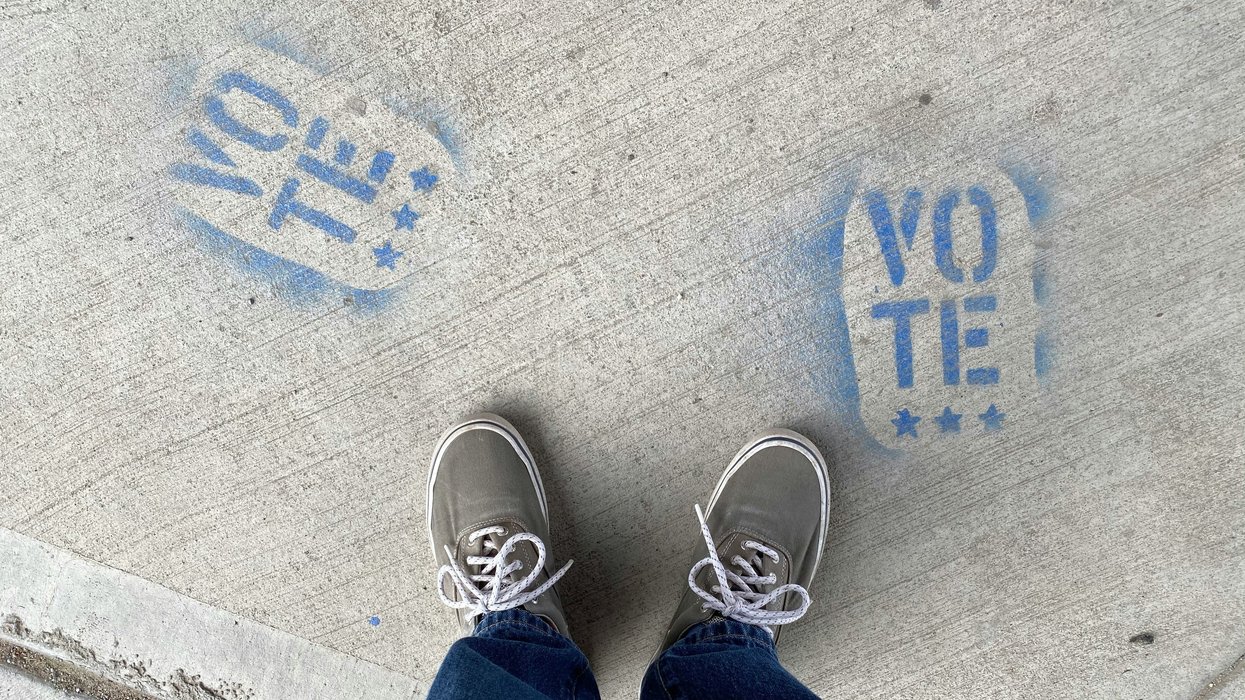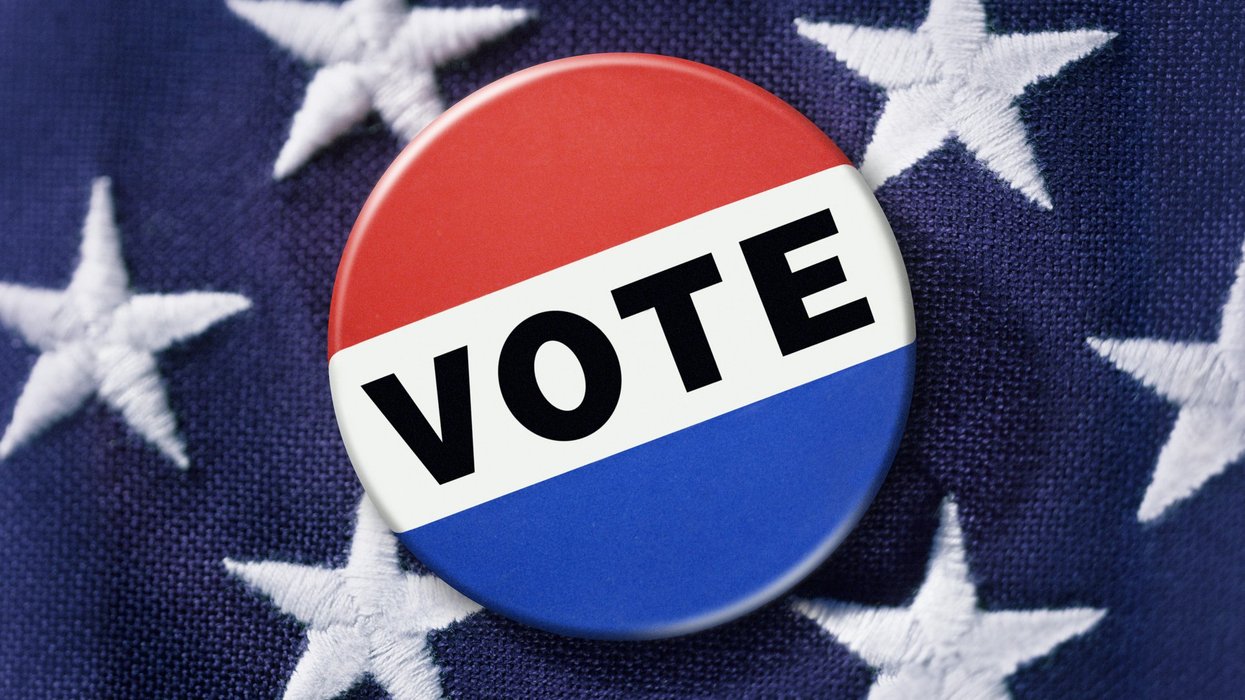Spillane is a social impact strategist and the former head of Rock the Vote, the nonprofit group that seeks to boost the political involvement of young people.
We're a year out from the 2020 election and, as you've probably noticed, Americans are energized. Elections are becoming an increasingly pronounced part of American culture, with the presidential race becoming a part of daily conversation. Yet, despite voter turnout hitting a 100-year-midterm election high in 2018, just half of eligible voters showed up to cast a ballot last year.
Turnout in presidential years isn't much better: Less than 60 percent of the eligible voting population cast a ballot in the highly contested 2016 presidential race, placing the United States 26th out of 32 developed democracies in terms of citizen participation.
We must do the work to increase the number of people voting in our elections to strengthen our democracy and ensure it is representative of the American population.
The good news is that companies are well-positioned to help get more people excited to head to the voting booth — and many already are. An unprecedented number of brands promoted the 2018 election, sharing information about voter registration, early voting and Election Day. More than 400 companies signed a pledge to give employees information about early voting or time off to vote.
Sign up for The Fulcrum newsletter
Understanding the emergence of corporate civic responsibility is important as leaders, managers, employees and consumers look to 2020. Studies show consumers and employees are turning to companies to play a more active role in promoting civic participation, with a recent survey showing an astonishing 81 percent of consumers more likely to buy from brands that encourage their communities to participate in democracy — and 76 percent of consumers more likely to seek employment at these brands. People expect businesses to play an active role in encouraging Americans to make their voices heard at the ballot box.
Given the current political climate, brands need to be smart about how to use their influence. Some have hesitated to dive into politics in the workplace for fear of alienating those who may have different opinions. But, fortunately for businesses, it's not necessary to take a partisan approach to encouraging people to vote.
A recent Harvard case study I authored with Sofia Gross studied eight different companies' nonpartisan efforts to encourage consumers and employees to vote. Tech companies like Snap, Inc., Spotify and Twitter all had external voter engagement campaigns, providing their consumers with election reminders, polling location finders, tools to easily register and ways to share voting experiences with friends — the results of which were far better than expected. Snap, Inc., for example, reportedly generated more than 400,000 voter registration applications through the app, 57 percent of them were generated by users ages 18-24, a typically underrepresented demographic in elections.
Other companies, like Endeavor and Patagonia, gave employees time off to ensure they could get to the polls and shared reminders about key election dates with them. Patagonia's leaders were so impressed by the positive employee feedback after closing their stores on Election Day 2016 that they called on other business leaders to do the same for the midterm. As CEO Rose Marcario explained, "No American should have to choose between a paycheck and fulfilling his or her duty as a citizen."
Our case study found voter engagement initiatives are proving to be good not only for democracy, but also for business. Even though none of these programs had the explicit goal of producing a financial benefit, companies pointed to a number of ways voter engagement initiatives created value for them — including brand-building in new markets, empowering existing consumers, strengthening relationships with employees and even elevating the companies with elected officials.
As the demand for corporate civic responsibility grows, now is the time for companies to activate civic engagement programs. We can't have a fully functioning democracy when such large swaths of the population aren't represented, and the 2020 election will give businesses a chance to differentiate themselves in this heated climate by playing an active role in fixing this. They should start planning now to set up registration booths in the office; share links to voter registration forms, polling place information, voter assistance resources through social media or intranet platforms; celebrate National Voter Registration Day; or throw an Election Day party.
America is best served when companies get involved and actively support the interests of their employees and consumers. The best way to do this is to encourage them to make their voices heard at the ballot box.



















